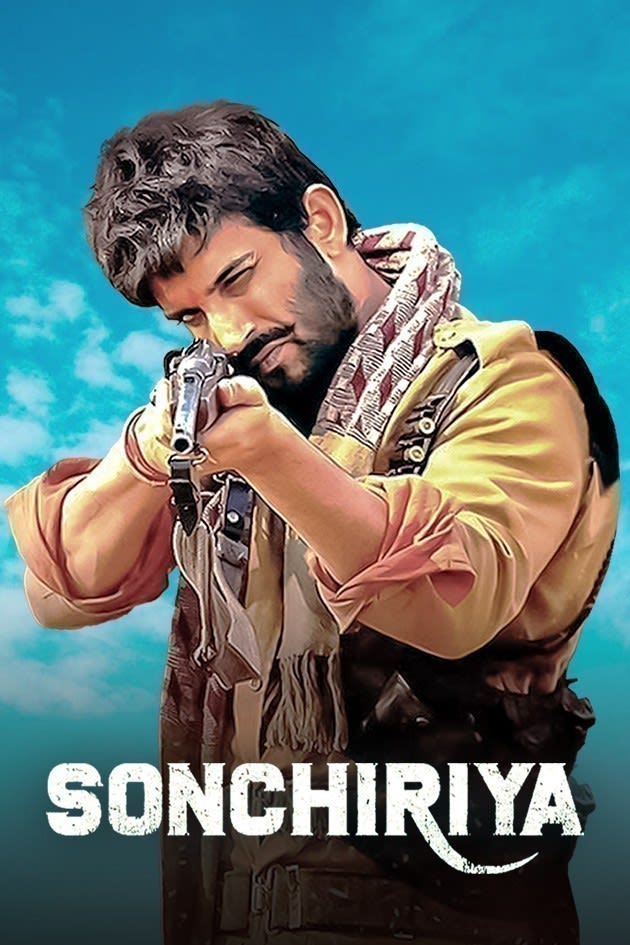

”We wanted to revert that and look at us through the eyes of this Delhi cop. What it means to be a rookie Muslim cop trying to make his way up, young and gifted in these highly radicalised times,” Sharma saidĮach episode begins with a prologue which makes it impossible to hate the obvious villains of the story, something that was important for Sharma, who said he and his team of writers - Sagar Haveli, Hardik Mehta and Gunjit Chopra channelled empathy rather than judgement while looking at each character.įor long, cops have either been romanticised as do-gooders or seen as rude, incompetent and stupid in pop culture but Sharma said he wanted to change that aspect with the show. ”We also wanted to place the religious angle in a different socioeconomic class with Ansari. ”Kabir’s story is about this boy and his father’s attempts to have him grow out of his religion and their realisation at the end that it is impossible in this country.” Working on the show was akin to finishing up a novel after writing many short stories, he said.Īlso, the structure gave him the freedom to explore his cast of characters and their backgrounds, including the four suspects Hathoda Tyagi, Kabir M, Cheeni and Tope Singh.

The nine-episode “Paatal Lok” is a giant leap of faith into long-form storytelling for Sharma, whose writing credits include movies such as ‘NH 10’, ‘Udta Punjab’ and ‘Sonchiriya’.

What makes them different is that it’s possible to outgrow class through a change in socioeconomic status, but it’s impossible to grow out of your caste or religion in the country,” Sharma told PTI in an interview. Caste and religion are two prominent faultlines. ”We wanted to explore these divisions in India that run crisscross – be it class, caste, language, religion or gender.


 0 kommentar(er)
0 kommentar(er)
